If you’re here, it’s pretty simple -- you want to build muscle and increase strength. And you want to accomplish those two things as soon as possible.
If you’re here, that also means that what you’ve been doing up until this point hasn’t delivered the results in muscle building you hoped.
Well, sit back, relax, and take a few deep breaths. You’re not a hopeless hard gainer, or a lifelong ectomorph. You’ve just been fed some less than stellar advice about building muscle and strength.
That’s where this guide comes in -- we’ve compiled our top 10 best tips to help you build muscle fast!
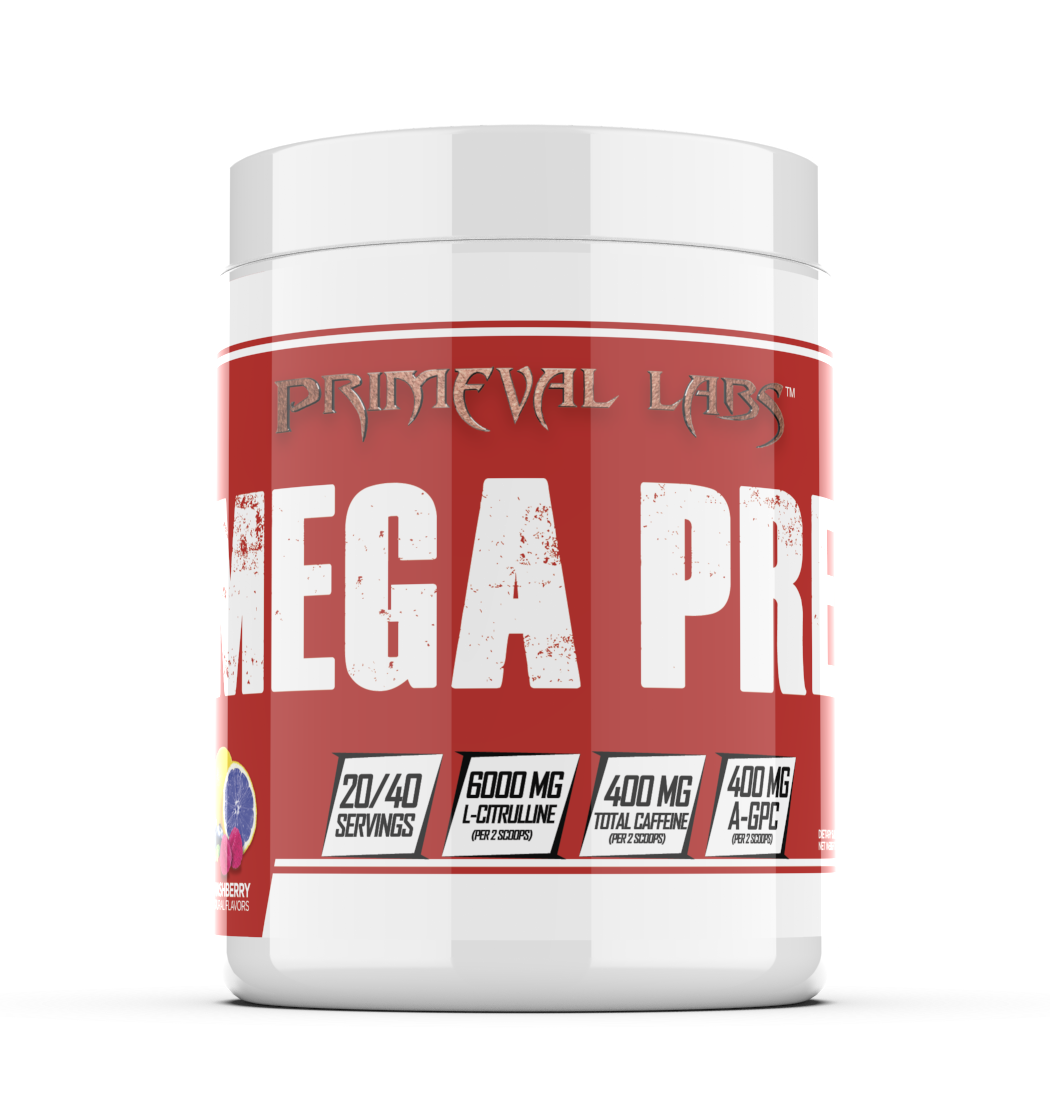
Turbocharge Training!
Mega Pre Red is a delicious-tasting, high-energy pre workout supplement formulated to boost energy, enhance focus, and support athletic performance.
10 Tips for Building Muscle
1. Consume a Surplus of Calories
Whether it’s fat loss, muscle building, or body recomposition, the results you are in search of depend on your adherence to your nutrition plan. If you want to lose fat, you must eat at a calorie deficit, and on the flip side, if you aspire to build slabs of lean muscle mass, you MUST eat at a calorie surplus. It’s basic thermodynamics.
In order for your body to build muscle, you must consume more calories than you burn on a daily basis. Do this over a prolonged period of time, and you’ll start to see muscle growth.
Before you can start eating a calorie surplus, you have to first figure out what your maintenance calories are, and that requires figuring out your total daily expenditure (TDEE) the total number of calories your body burns in a 24 hour period taking into account exercise, sleep, work, etc.
Your TDEE will vary depending on age, sex, activity level, muscle mass, and a host of other things. If you’ve never calculated your TDEE, we’ve put together and easy step-by-step guide here.
The next step to eating at a calorie surplus is deciding how many more calories you should be eating per day. In years past, aspiring muscle builders would follow the “see food, eat food” diet and undertake a dirty bulk all in the hopes that the more food they consumed, the more muscle they would build.
In reality, this just led to a lot of unwanted fat gain, which means a longer cutting period after your muscle building phase is over. The reason you don’t want a massive calorie surplus is that the body can only synthesize a certain amount of muscle at a given time. Any extra calories beyond that go to fat storage.
As such, it’s generally recommended to adopt a more reasonable calorie surplus of 250-300 calories above your current TDEE. Eat this amount everyday for two weeks and track your weight. If you’re steadily gaining weight at a pace of 0.5-1 pound per week, keep your surplus as it is. If you’re gaining more than 1 pound per week, reduce your surplus by 100 calories, and if you’re not gaining at least 0.5 pounds per week, increase your surplus by another 100-200 calories per day.
2. Prioritize Protein
Your body demands protein in order to build muscle. As such, once you’ve figured out how many calories you need to eat each day to build muscle, the next step in your quest to become the ultimate muscle builder is to set your protein intake for the day.
How much?
The general recommendation established in the scientific literature is between 0.8-1 gram per pound of body weight.[1,2] To keep things simple, just assume that you need 1 gram of protein per pound of body weight. So, if you weight 180 lbs, you need to consume 180 grams of protein each and every day. You can do this using a mix of whole foods, protein powders, protein bars, or even amino acid supplements, but ideally you should get the bulk of your protein from whole foods.
Protein contains the essential amino acids your body needs for muscle building and repair. Without adequate amounts of these essential amino acids, muscle repair, let alone muscle growth, is severely limited. Since you are focused on building muscle, getting your protein in each and every day is paramount to achieving your goals!
3. Use Primarily Compound Exercises
Exercises like the bicep curl or leg extension are favorites of gym newbies, because they’re easy to perform and popularized by all the fitness magazines, but they’re not the best muscle builders around -- compound exercises, such as the squat, deadlift, overhead press, or pull up, are.
How so?
Well, compound exercises recruit multiple muscle groups while isolation exercises really only target a single, specific group of muscles. More muscles activated during an exercise means more work is accomplished leading to increased muscle breakdown, and subsequently more growth. Plus, compound exercises all allow you to lift heavier weights than isolation exercises and make for easier/better progressive overload, which we’ll cover in a bit.
Finally, research has also shown that performing compound exercises promotes greater production of important muscle builder hormones such as testosterone and growth hormone.[3,4]
4. Free Weights over Machines
In line with choosing compound exercises over isolation ones, you should strive to perform mostly free weight exercises of machine-based ones.
Examples of free weight exercises are:
- Barbell Back Squats
- Romanian deadlifts
- Pull Ups
- Dumbbell Presses
- Barbell Rows
Machine-based exercises are pretty self-explanatory, but to list a few:
- Leg press
- Hamstring curls
- Pec Dec
- Anything using the Smith Machine or Hammer Strength machine
The reason you want to select free weight exercises is that machines that provide too much assistance in the lift, and they balance the weight for you, too. When performing machine-assisted lifts, your core muscles aren’t recruited as much as they are during free weight exercises.
Going back to the previous point, more muscles worked in a given exercise makes for a superior workout, and ultimately enhances muscle building.
5. Utilize Progressive Overload
No matter how great your training program is, it won’t make a bit of difference if you aren’t utilizing the principles of progressive overload.
What’s progressive overload, you ask?
Progressive overload simply means that you gradually and consistently increase the amount of overload (“work”) on your muscles each time you train. This can be accomplished either by increasing reps, adding sets, decreasing rest, or, most commonly, adding weight to the bar.
The reason you constantly have to make your workouts more demanding is that the human body is incredibly sophisticated and adapts very quickly. So, the first time you squat 315 pounds, your body has to react and start increasing muscle fiber size and density in order to lift that heavy ass load for a certain number of reps. But if you only do a set amount of those 315-pound squats, your body will have already adapted to it, and progression stops.
That means no muscle building, no strength enhancing.
Building muscles is a constant journey in forcing your body to adapt to continually heavier demands. How you impose those demands will be dictated by your training program, which brings us to our next point...
6. Follow a Training Plan
The old saying goes:
“Failure to plan is planning to fail”
This is true not only in your day to day life but also your life as a muscle builder as well. If you go into each workout and randomly throw a bunch of exercises together without rhyme or reason, you might get a great workout and sweat a lot, but you’re not going to be effectively building muscle.
Additionally, following the DVD programs that have you doing 30+ different exercises each workout and constantly switching things around under the guise of “muscle confusion” are doing nothing for your desires to build muscle mass.
Each training session, you need to go in with a plan. Yes, a written, organized plan, and then you need to track your reps, sets, weights, and rest periods.
By tracking your workouts, you will know when to increase the weight, so you can progressively overload the muscles. Properly designed training programs include an appropriate amount of volume for each muscle group so they receive enough stimulus to grow without putting you at risk for overtraining.
If you're looking for a great training program to help build muscle fast, click here.
7. SLEEP
Intense training and eating enough food is critical to muscle building, but perhaps the most underemphasized attribute that is required to build muscle is sleep.
Sleep is when you’re body’s repair, recovery, and growth processes are in overdrive. On top of that, hormone production (testosterone, growth hormone, etc) is at its peak, which means that if you’re not getting enough sleep, you’re severely limiting your muscle-building potential.
On top of that, skimping on sleep also leads to reduced performance in subsequent workouts and elevated cortisol levels, both of which reduce your capacity to recover, train with intensity, and build muscle.
Get 7-9 hours of sleep each night, and if you need help getting a quality night’s rest, Primeval Labs has created EAA Sleep.
EAA Sleep provides you with all of the essential amino acids to support muscle growth and recovery while your sleep along with a host of other natural ingredients to promote a deep, restorative, and muscle building night’s sleep.
8. Remember to Rest
Don’t confuse sleep with rest.
Yes, your body does repair and recovery while you are sleeping and resting, but the two are different.
These days, it’s the trendy thing to be on team “no days off”. Really that’s just ego and insecurity talking, if you’re really pushing yourself in the gym, it’s not possible to train with the intensity to build muscle 365 days per year.
Your body requires time to rest and recuperate from the intense training, and 7-9 hours of sleep each night isn’t sufficient enough. Failure to take rest days from the gym can lead to chronic fatigue, which means you won't be able to put forth your maximum effort in the gym and progress in your workouts.
Rest days don’t mean you have to just lay in bed all day either. Rest days can also include mild “active recovery” workouts including foam rolling, massage, yoga, walking, or hiking. These active recovery sessions promote blood flow throughout your body which increases nutrient delivery to your muscles and accelerates the recovery process.
9. Maximize Peri-Workout Nutrition
Resistance training (i.e. weight lifting) has several profound effects in the body:
- Increases blood flow
- Enhances nutrient delivery to working muscles (e.g. essential amino acids)
- Heightens insulin sensitivity
- Boosts anabolic hormone production
- Stimulates protein synthesis
To maximize these effects for muscle building, it’s imperative that you make use of proper peri-workout nutrition, meaning what you consume before, during, and after your workout can have a profound impact on your success as a natural muscle builder.
Research has shown that the “ideal” time to consume your essential amino acid supplement is before training, as opposed to afterwards.[5]
Now, nobody is going to fault you for sipping on aminos after your workout, but if you want to do things the way the “best of the best” muscle builders do, then take your essential amino acid supplements before training.
During training, you can sip on your intra workout that contains a mix of fast-digesting carbohydrates along with essential amino acids to support performance and reduce muscle protein breakdown.
For your intra workout needs, Primeval Labs has created Intracell 7, a consummate intra workout supplement that provides everything you need to perform better for longer all in pursuit of bigger, better muscles.
Then afterwards, you can have a whole foods meal high in protein and carbs to support the repair, recovery and growth process.
10. Limit Stress
The final thing you can do to enhance muscle building and limit muscle breakdown is to limit stress in your life. Whether it’s due to work, finances, personal relationships, etc. stress is a real killer, and not just of muscle building.
The reason chronic stress is so bad is that it leads to elevated cortisol levels. In case you weren’t aware, cortisol is a catabolic hormone that eats away at muscle tissue and encourages fat storage around your body, exactly what you don’t want when trying to build muscle.
Limiting stress will pay dividends not only for your muscle building hopes, but also your overall health. Turn to relaxing therapies like yoga, meditation, journaling, reading, or even a nice cup of herbal tea to help alleviate stress from the day and put your body in the optimal hormonal environment to support muscle building.
Build More Muscle Faster with Primeval Labs!
Primeval Labs has developed an entire arsenal of high-quality supplements that enhance performance and support muscle recovery, repair, and growth following your intense workouts.
Use the tips in this article to fuel more muscle growth and unleash those gains that have been dormant for far too long!
References
- Bandegan A, Courtney-Martin G, Rafii M, Pencharz PB, Lemon PW. Indicator amino acid-derived estimate of dietary protein requirement for male bodybuilders on a non training day is several-fold greater than the current recommended dietary allowance. J Nutr. 2017;147(5):850–7
- Schoenfeld BJ, Aragon AA. How much protein can the body use in a single meal for muscle-building? Implications for daily protein distribution. J Int Soc Sports Nutr. 2018;15(1):10. doi:10.1186/s12970-018-0215-1.
- Kraemer WJ, Fry AC, Warren BJ, et al. Acute hormonal responses in elite junior weightlifters. Int J Sports Med. 1992;13(2):103-109. doi:10.1055/s-2007-1021240.
- Hansen S, Kvorning T, Kjaer M, Sjøgaard G. The effect of short-term strength training on human skeletal muscle: the importance of physiologically elevated hormone levels. Scand J Med Sci Sports. 2001;11(6):347-354.
- Robert R. Wolfe; Skeletal Muscle Protein Metabolism and Resistance Exercise, The Journal of Nutrition, Volume 136, Issue 2, 1 February 2006, Pages 525S–528S, https://doi.org/10.1093/jn/136.2.525S


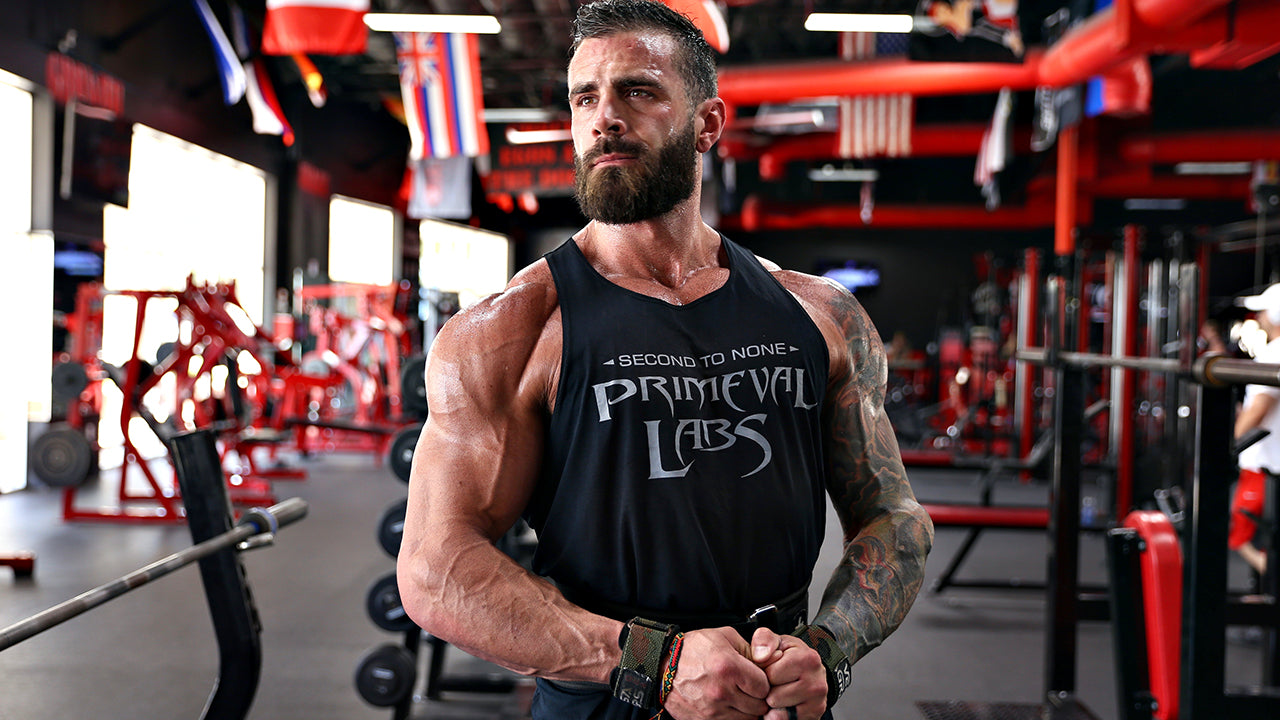






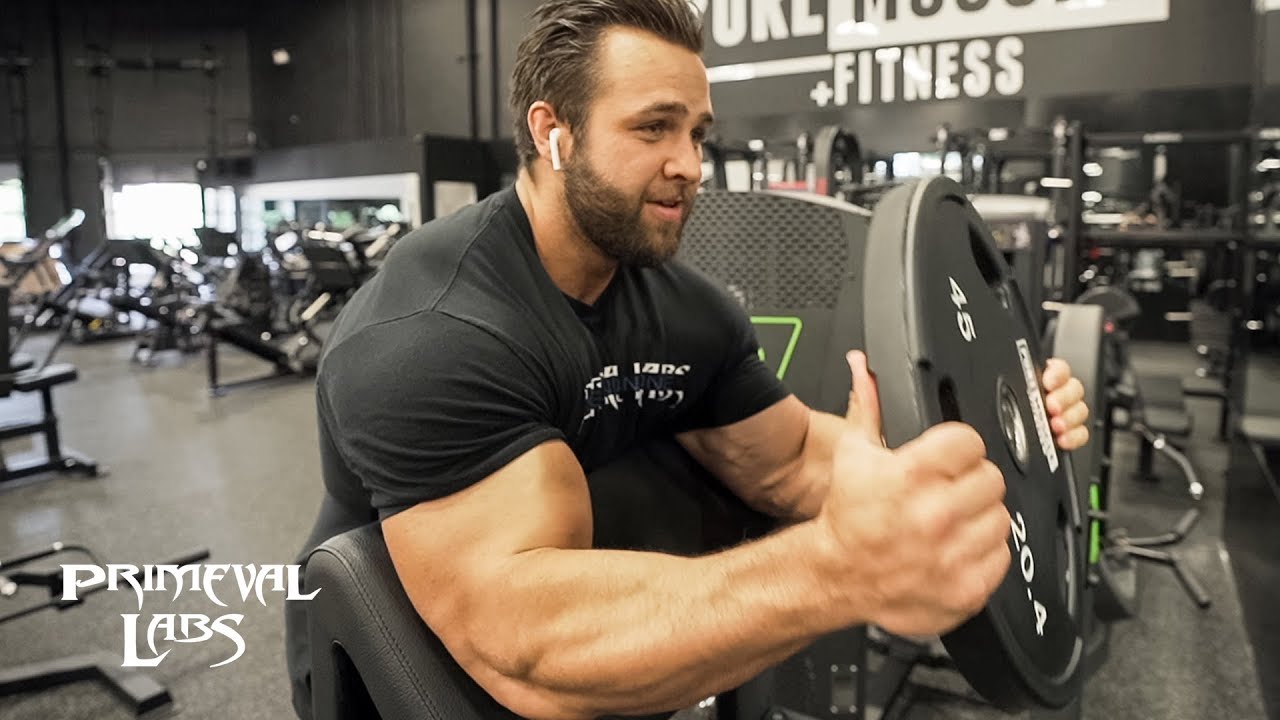
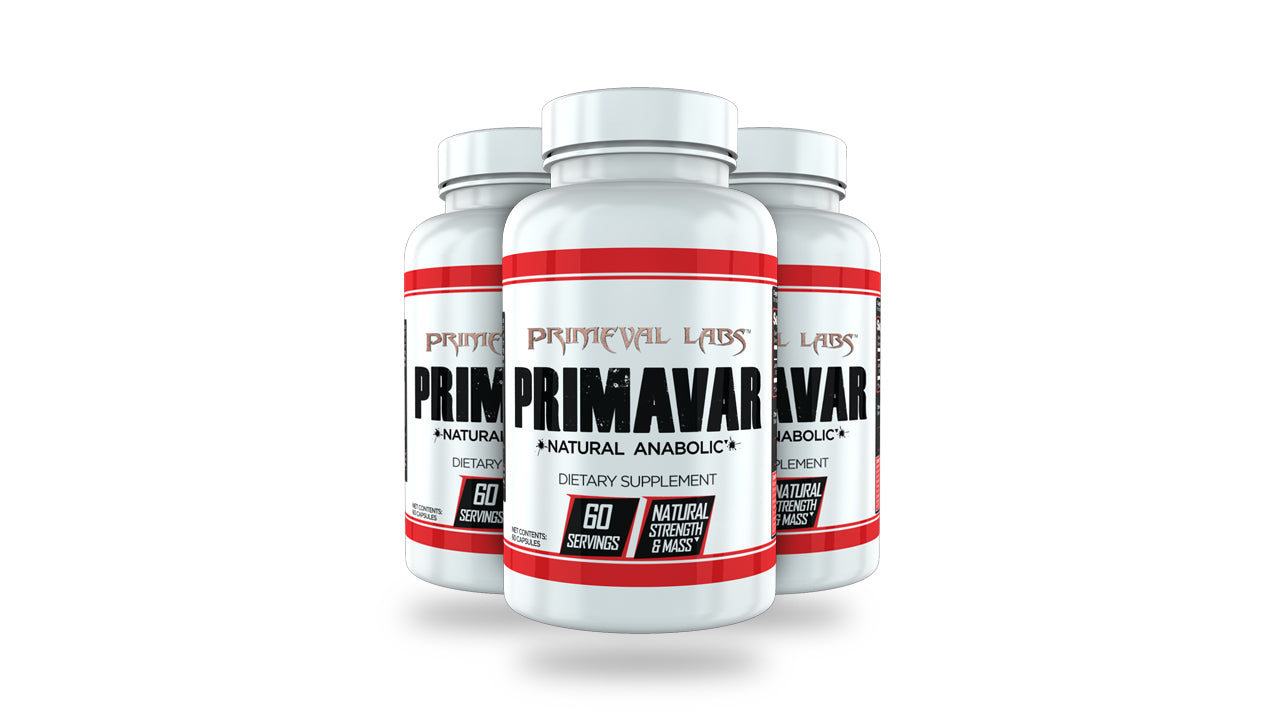
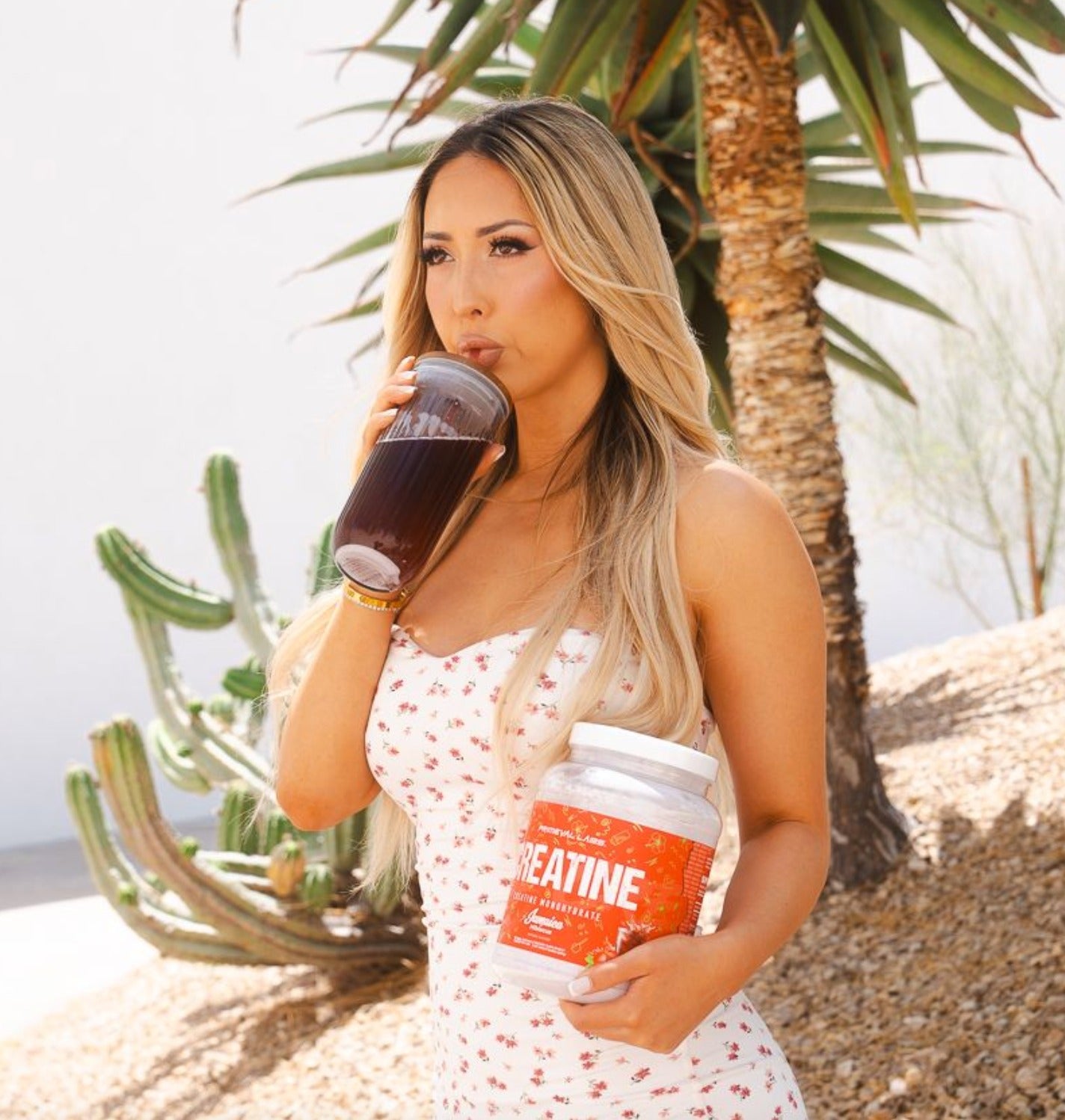
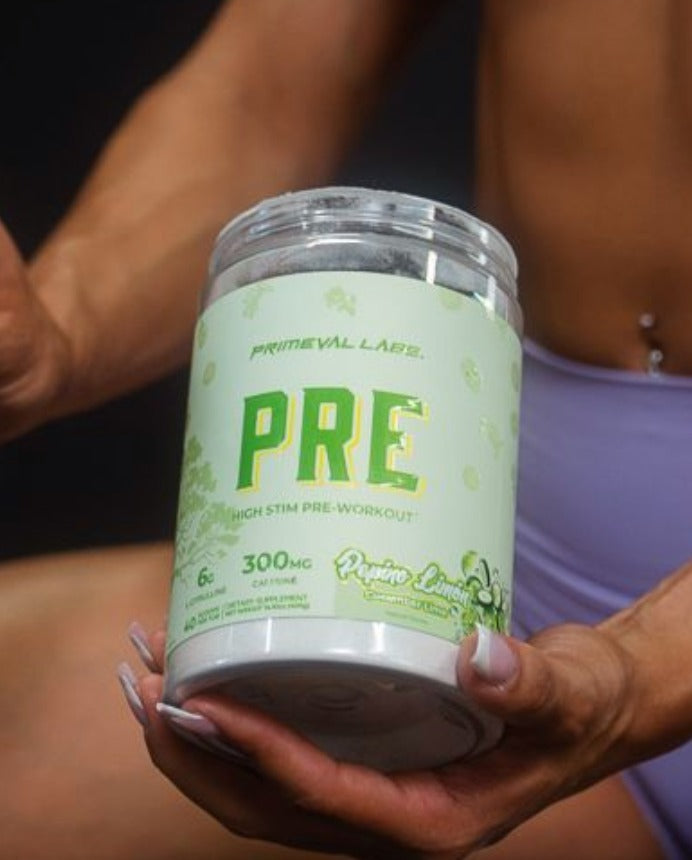
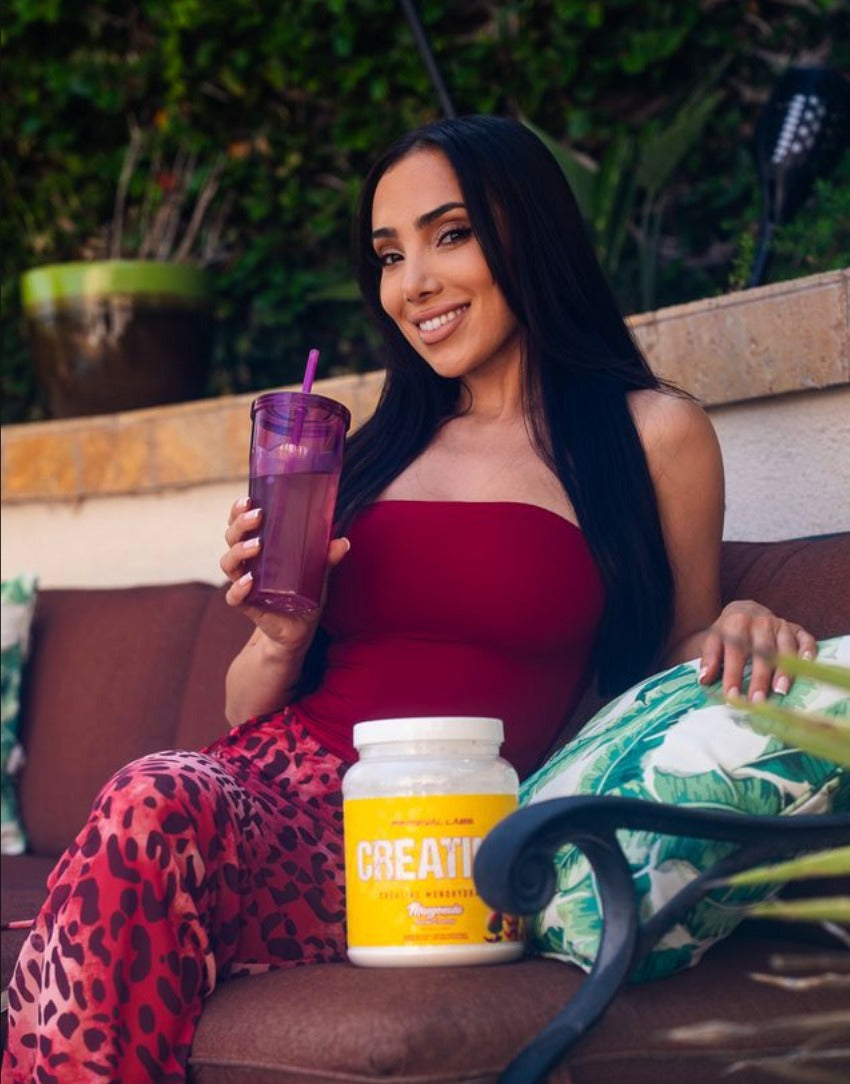

Leave a comment
This site is protected by hCaptcha and the hCaptcha Privacy Policy and Terms of Service apply.